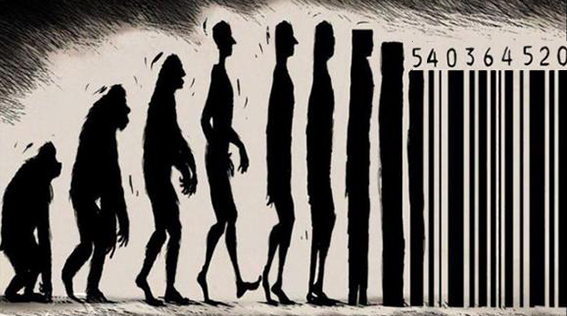
When EBay hit the internet in 1995, it provided people an easy way to sell their stuff and with it the modern distinction between commercial and non-commercial activity began to blur. Suddenly, that old toaster inherited from mom became “vintage” and saleable. From there it spread to possessions overall, spawning a cottage industry of budding entrepreneurs ranging from used clothes purveyors to plant-selling succulent thieves.
Some call it the democratization of economy, but I see financial and social chaos. The distinction between commercial and non-commercial activity is rapidly dissolving; homes, cars and virtually anything else anyone owns can be “monetized.” At the same time, the structure of employee benefits and protections, consumer security, commercial accountability, and government regulation has broken down. What used to be employees are increasingly independent contractors, hackers are stealing customer data, consumers have lost protection, and cash-strapped government struggles to keep its hand in the new economy.
As economist Karl Polanyi noted in his ground-breaking book The Great Transformation, the fictional nature of our economy commodifies, which is to say that creating ideas such as a “labor force” and treating it like a real entity turns people into things to be exploited. As social media and internet communications have proliferated, so too has monetary exploitation, and it touches most aspects of ordinary life. If people are things to be exploited, then everything they touch or own are things to be exploited, too.
I experienced the effects of commodification during a visit to the town of Carmel in the late 1990s. The neighborhoods surrounding downtown all looked quaint and charming, but I soon discovered that most of the homes had been commodified into money-making vacation rentals. Streets formerly filled with residents were occupied instead by visitors. Based upon that experience, as a member of Sonoma’s City Council I pushed for an ordinance banning vacation rentals in residential zones within the city. Unanimously adopted in 1999, that law has prevented Sonoma’s neighborhood housing from becoming vacation rental party homes. Unfortunately, the same has not been true in the County of Sonoma, much to the dismay of many of its residents.
Commodification reflects the imperatives of necessity and greed. When homeowners cannot afford to live here and must resort to renting out their rooms or entire homes to survive, such necessity points to America’s yawning financial inequity. When corporations or investors purposefully buy homes to market as vacation rentals, greed is the driving force. Unfortunately, discerning the distinction between necessity and greed is challenging, and government zoning remains a blunt instrument of regulation.
What has been a bulwark of American society, a regulated commercial sector distinct from the non-commercial, has succumbed to the worst aspects of capitalism; the message is that everyone’s a capitalist, but for many, financial survival in today’s world demands a return to preindustrial cottage industry. For example, the sale of homemade bread and other foodstuffs to the public is proliferating; health and safety codes, sales taxes, and other customary regulations are ignored. Is this trend the product of democratization or desperation?
The American economy is not working for most people. Trade and barter groups are growing as are free meal programs and homelessness. This harkens back to the soup kitchens of the Great Depression that began in 1929 and does not bode well for the future. Meanwhile, billionaires Elon Musk and Jeff Bezos have fantasies of democratizing Mars.